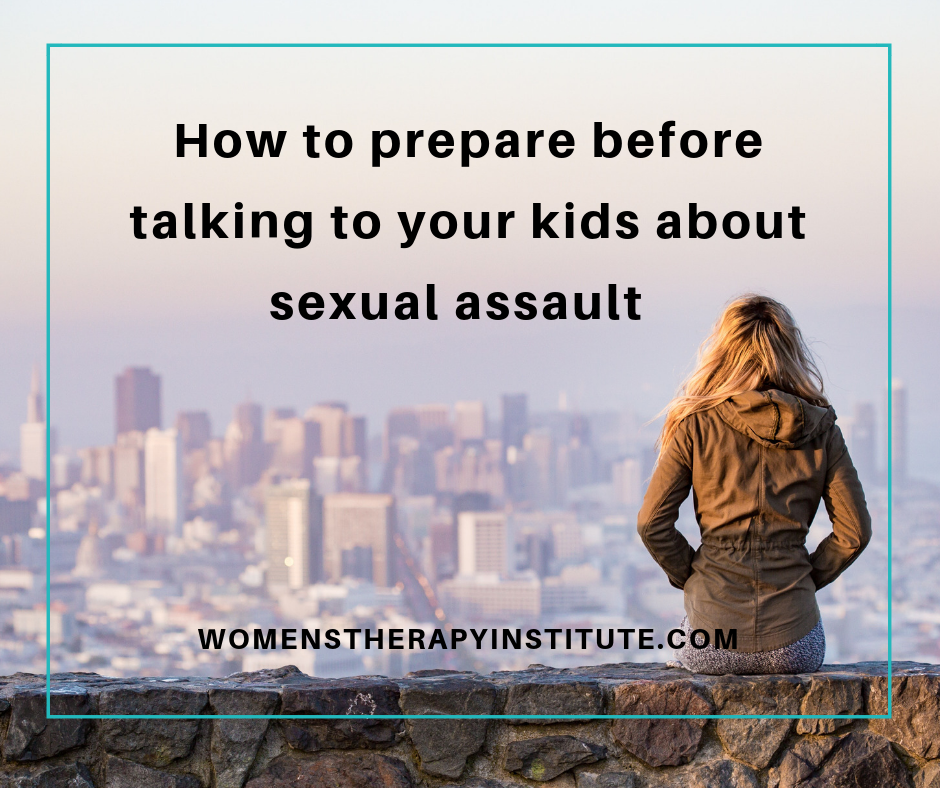
How to prepare before talking to your kids about sexual assault
It is important as a parent that you open the doors of communication about sexual assault and what exactly that means with your children. Starting the conversation early with them will help prepare them in case they are ever faced with an uncomfortable situation they aren’t sure of, and it will also help them to feel safe speaking to you about it.
In my past 10 years as a sexual assault counselor, I have coached many parents on having this extremely sensitive conversation. It is hard for both parties and there are a few things every parent should follow:
1.)Plan a time to sit down and talk as soon as possible. Don’t wait until your child hits puberty. They need to know what is right and what is wrong and what they can do to feel safe.
2.)Get your mental game in order. Before you even think about having this conversation think about the words: sexual assault. Say them. How does that make you feel? You want to make sure you are calm and collected when speaking with your child so you don’t make them more uncomfortable.
3.)Define sexual assault. Make sure you know exactly what sexual assault, rape, catcall, stalking, etc. means so you can explain it properly to your child. You might not want to think about it but it is important that you do. You are the leader of the family and you need to get comfortable before you approach your children.
4.)Know your resources and develop a protocol. Think about what you will do if your child discloses that he/she/they has been assaulted. Contact child protective services, visit a hospital or doctor for a Sexual Assault Evidence Collection Kit, more commonly known as a “rape kit,” to preserve evidence. In many counties the survivor has the option to press charges and they don’t have to until they are ready. Do your research.
5.) Know the rights of an assault survivor. Many states have survivors advocates. You can also contact the National Sexual Assault Hotline at 1-800-656-4673. Take some time to do an internet search, write out your resources and your plan so you are more prepared for the worst.
This is an extremely difficult topic to approach with your child, but also extremely important. They need the correct information and the best place for them to get that is you. They need to know they have someone on their side who will fight for them if something happens. They need to know they have a safe place to turn.
